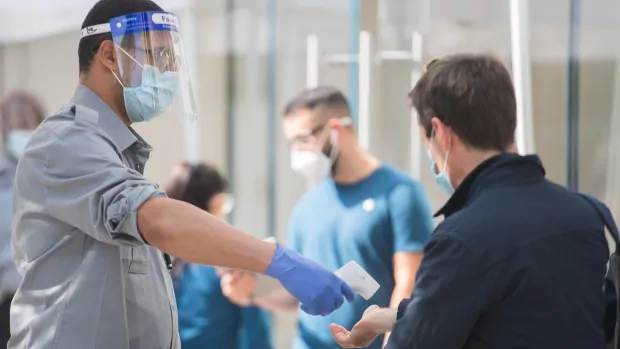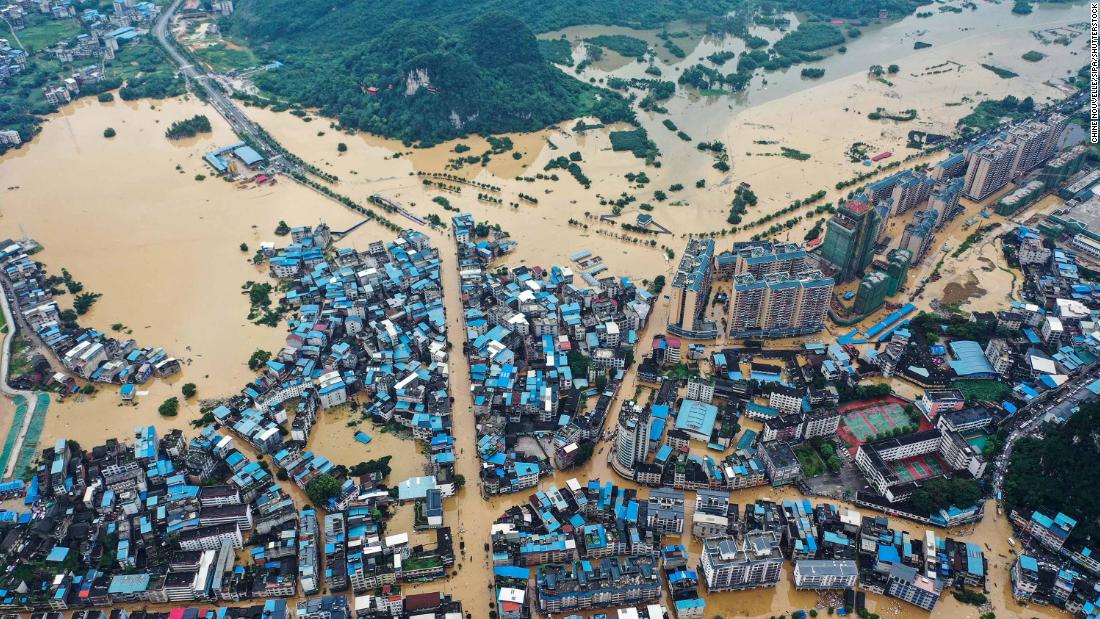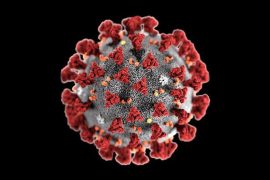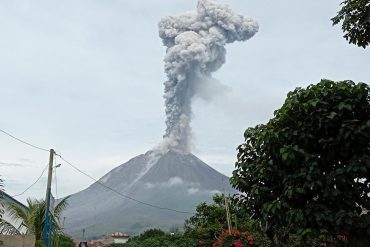The latest:
Prime Minister Justin Trudeau and Chief Public Health Officer Dr. Theresa Tam are asking Canadians to remain vigilant against the spread of COVID-19, with the number of cases of the respiratory infection continuing to increase.
With numbers rising in Ontario and Quebec hot spots, Trudeau on Friday implored people to adhere to public health guidelines, stressing that “what we do now will be critical for the weeks and months to come.”
Tam advised Canadians to downsize their social bubbles and reduce the duration of these encounters. “Every person you encounter brings their whole network of contacts with them,” she said on Twitter.
The repeated refrain came as political and public health officials took pains to tell the public it was time to scale back parties, dinners out, group activities and other individual actions they say have been contributing to the increasing caseload of the novel coronavirus.
In Quebec, Health Minister Christian Dubé told residents to “make a special effort” to limit contact with other people for at least 28 days in order to contain the spread and save hospitals from an increased burden.
“I insist on this,” Dubé said, nevertheless saying he had no problem with people dining in small numbers, within their bubble.
WATCH | Quebecers urged to avoid social gatherings as COVID-19 cases spike:
On Saturday, the province reported 698 new cases for a total of 71,005. There were 4,524 active cases.
Dubé said public health experts believe if the spread of the virus can be contained for two consecutive two-week stretches, the second wave of the virus will be better controlled.
The province reported 637 new cases of COVID-19 on Friday, the highest daily number since May 21. Quebec also conducted more than 36,000 tests, the most ever in a day.
Canada on Friday recorded 1,363 cases of the respiratory infection over a 24-hour period, the highest number since early May. Most cases are in Ontario and Quebec, but infections are also rising in Manitoba.
WATCH | Rise in COVID-19 cases among young still a big worry for other ages, says specialist:
As of Monday, Winnipeg and 17 nearby communities will be under new restrictions. Masks will be mandatory in indoor public places, and gatherings will be restricted to 10 people, inside and outside.
Meanwhile, Trudeau has announced the latest agreement to obtain a vaccine against the coronavirus, this one being developed by AstraZeneca and Oxford University. Canada now has deals in place to get millions of doses of six different potential COVID-19 vaccines.
WATCH | Canada secures 20 million more doses of COVID-19 vaccine:
“Canadians must have access to a safe and effective vaccine against COVID-19 as quickly as possible, no matter where it was developed,” he said in announcing the deal on Friday.
Also on Friday, the Liberals and the NDP reached a deal on sick leave, allowing the latter party to support Wednesday’s speech from the throne, thus preventing a fall election.
WATCH | Front-line health-care workers fear second wave of hospitalizations:
NDP Leader Jagmeet Singh said prior to Wednesday’s throne speech that his party would need to see the Canada emergency response benefit (CERB) extended and for paid sick leave to be offered to all employees across the country to prevent workers from being ill on the job.
Sources told CBC News that Bill C-2 will be changed to allow greater eligibility for sick leave. That legislation will either transition the public from the CERB to an expanded employment insurance program or to one of three new recovery benefits.
What’s happening in the rest of Canada
As of 12:30 p.m. ET on Saturday, Canada had 151,589 confirmed or presumptive coronavirus cases. Provinces and territories listed 130,315 of those as recovered or resolved. A CBC News tally of deaths based on provincial reports, regional health information and CBC’s reporting stood at 9,302.
There are 65 new cases of COVID-19 in Manitoba on Saturday, the province said in a news release, including 56 in the Winnipeg health region.
The update is the second-highest single-day increase in cases in the province.
On Aug. 25, 72 new cases of the illness were announced in Manitoba. Twenty-four cases were later retroactively added to that total, bringing that day’s official case count to 96.
1/2 To date, labs across 🇨🇦 have tested 6,979,242 people for <a href=”https://twitter.com/hashtag/COVID19?src=hash&ref_src=twsrc%5Etfw”>#COVID19</a>, w an average ~2.1% positive overall, for a rate of 185,671 people tested per million population in Canada. <a href=”https://t.co/jrZH3tHRUo”>https://t.co/jrZH3tHRUo</a>
—@CPHO_Canada
In Ontario, Premier Doug Ford said bars and restaurants must now close by midnight, with alcohol service to stop at 11 p.m., but takeout and delivery will be permitted to continue beyond that.
All strip clubs will also close, he said, while explaining that the new restrictions strike a balance between public health needs and the province’s financial future.
WATCH | Why some bar owners say Ontario’s new COVID-19 restrictions will backfire:
“I don’t think it’s a huge ask if they can stop serving drinks at 11 o’clock and close their establishments at 12 o’clock,” he said during his daily media briefing.
The measures were not good enough for NDP Leader Andrea Horwath, who criticized the Ford government for failing to provide “a proper, comprehensive and effective second wave strategy.”
Ontario reported 435 new cases on Saturday for a total of 49,340 since January. There are 3,956 active cases.
What’s happening around the world
According to Johns Hopkins University, the global total of confirmed coronavirus cases stands at more than 32.6 million. More than 990,000 people have died, while over 22.5 million have recovered.
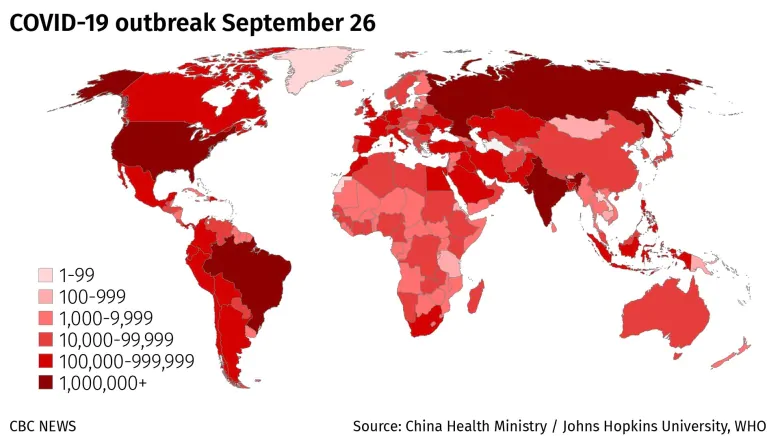
In Europe, Germany recorded another rise in daily cases on Saturday, with authorities confirming a further 2,507 infections in the past 24 hours.
Slovakia is facing a record surge of coronavirus infections with the number of new confirmed cases surpassing 500 in one day for the first time.
In the British capital, protesters at a central London anti-lockdown rally scuffled with police officers on Saturday who were trying to break up the demonstration because of a lack of physical distancing.
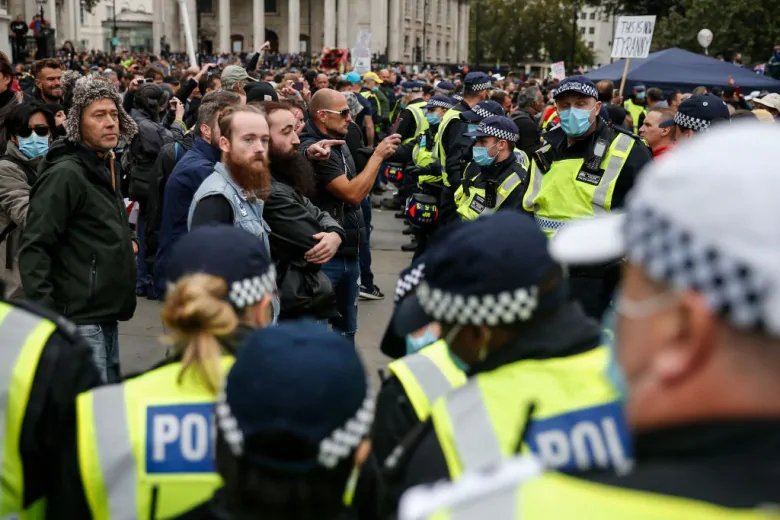
In Asia, confirmed infections in the Philippines have soared past 300,000, the latest bleak milestone in a countr that has gradually reopened its battered economy despite having the highest number of cases in the continent’s Southeast.
India reported 85,362 new coronavirus cases in the past 24 hours with infections slowing down this month. The average new cases in India have fallen by about 7,000 daily in the past week, after reaching a record of 97,894 on Sept. 16.
However, authorities are preparing for a major religious festival season beginning next month that generally sees huge congregations in temples and shopping districts.
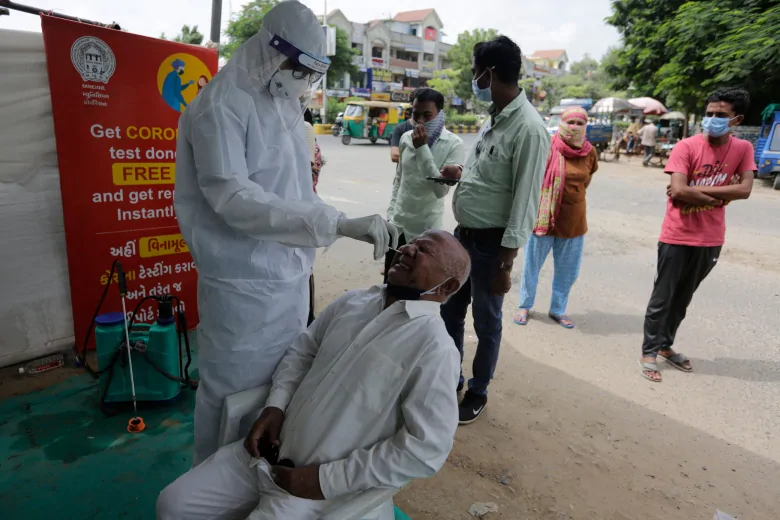
Africa‘s COVID-19 surge has been levelling off, with its 1.4 million confirmed cases increasing relatively slowly. Due to declining infections, Zimbabwe is reopening schools — along with churches, bars, restaurants, airports and tourist attractions.
Antibody testing is expected to show many more infections, but most cases are asymptomatic. More than 34,000 deaths have been confirmed on the continent of 1.3 billion people.
Health experts point to Africa’s youthful population as a factor in why COVID-19 has not taken a larger toll, along with swift lockdowns and the later arrival of the virus.
Over 1.4 million confirmed <a href=”https://twitter.com/hashtag/COVID19?src=hash&ref_src=twsrc%5Etfw”>#COVID19</a> cases on the African continent – with more than 1.1 million recoveries & 34,000 deaths cumulatively.<br><br>View country figures & more with the WHO African Region COVID-19 Dashboard: <a href=”https://t.co/V0fkK8dYTg”>https://t.co/V0fkK8dYTg</a> <a href=”https://t.co/yhITfkLeZF”>pic.twitter.com/yhITfkLeZF</a>
—@WHOAFRO
In the Americas, Argentina’s novel coronavirus infections were poised to top 700,000 on Saturday as new daily infections and deaths hit the top five globally, Reuters data showed, despite seven months of quarantine that have ravaged the frail economy.
Argentina reported a rolling seven-day average of 11,082 new cases daily, behind only India, the United States, France and Brazil, all countries with far larger populations than the South American nation. Argentina’s average daily death toll this week hit 365.
The country, which was already in the grips of a devastating economic crisis, was among the first in Latin America to implement a strict quarantine. But a gradual loosening over time and the spread of cases from the capital to the provinces have seen cases skyrocket.

Devoted web advocate. Bacon scholar. Internet lover. Passionate twitteraholic. Unable to type with boxing gloves on. Lifelong beer fanatic.

